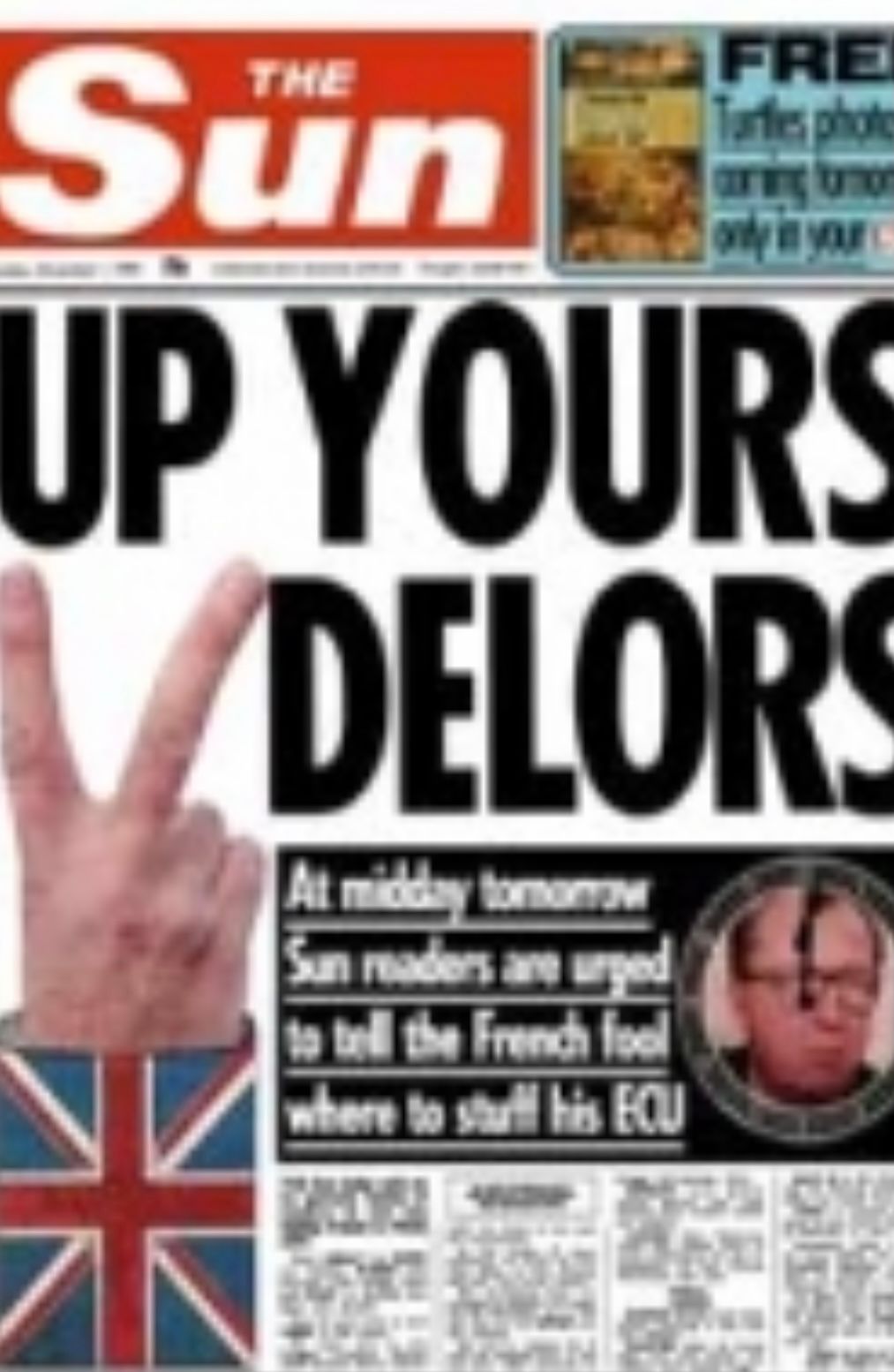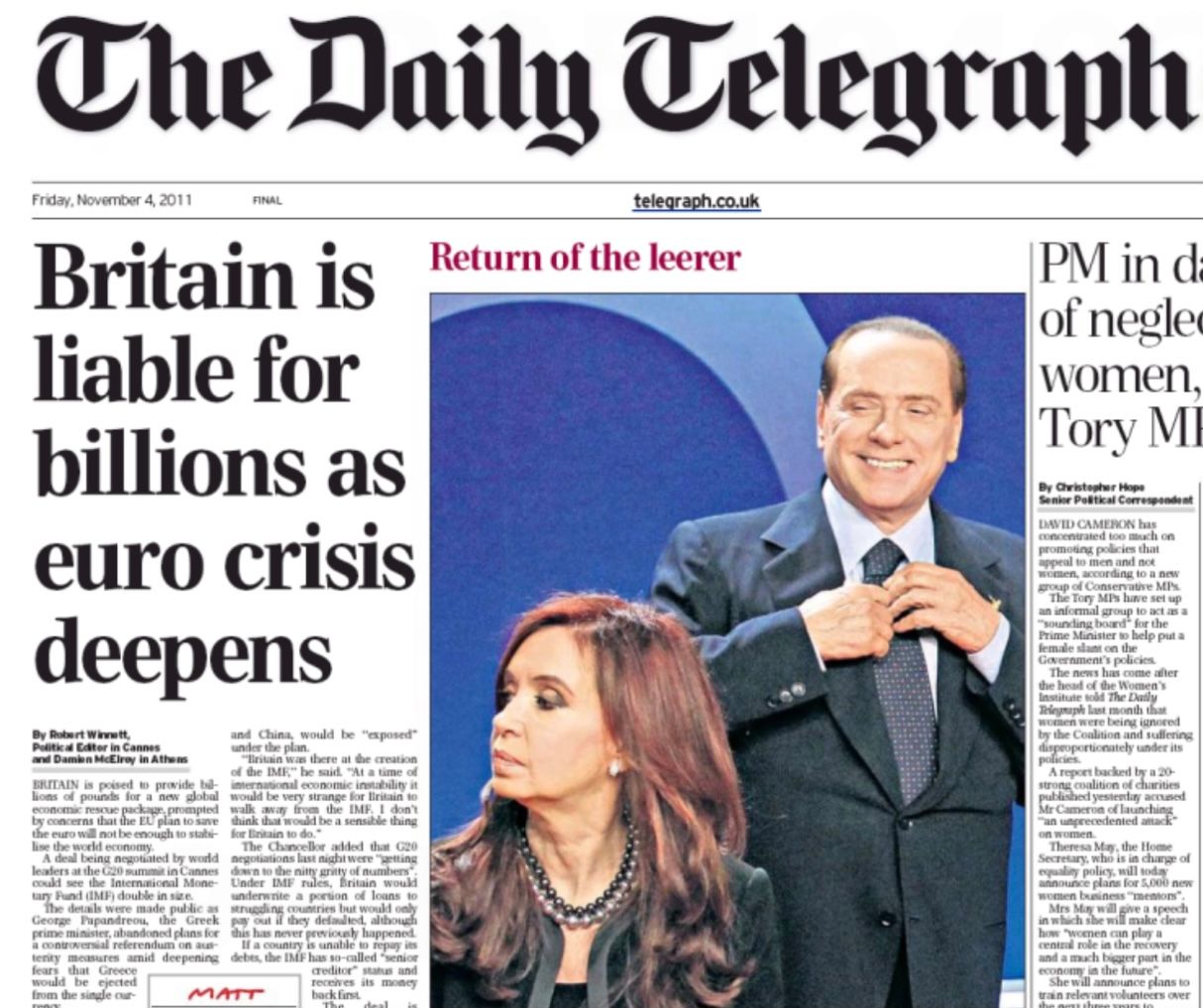In Australia the government has introduced a new advertising code forcing Google and Facebook to pay publishers for the content it links to. But is this really such a good idea?
I used to perform a certain ceremony every morning, like it was my religion. I went online and read accounts of news stories that interested me in both the Guardian — a left-leaning British newspaper — and the Telegraph — a right-leaning British newspaper. Before that, I pursued the same approach but included The British Times and Financial Times and several foreign publications in my reading. Don't get me wrong — this practice was an essential part of my job. Not many people applied that approach, but the point is, they could.
For me, that was the golden age of media informing us.
There was one snag with this approach. The publishers were going out of business. The cost of paying journalist to research and write the stories exceeded the revenue they brought in.
There were two potential solutions with this challenge. One was to pay journalists less money, opt for lower standard journalism, and make articles popular by applying clock bait and SEO techniques. This led to a sharp deterioration in the quality of journalism. The other approach was to introduce a paywall. The FT went premium. Then the Times introduced a paywall, and then the Telegraph followed suit. Today, most of the newspapers I want to read are unavailable for free online — or you get limited free reading a month.
I don't know about you, but I can't afford to buy all the publications that interest me. I miss the Telegraph but how can I justify paying for the Telegraph when the equally good — but ideologically different — Guardian is free?
A good compromise would be to pay to read individual articles — rather than subscribe to the publication. I do this sometimes. If there is an article in the Economist or New Scientist that especially interests me, I will go out and buy that week's edition. But that's hassle. Online options to do that are limited. You have to take out a subscription, and I will not subscribe to the FT, Times, Telegraph, Economist, New Scientist, New York Times, Washington Post and Bloomberg — just to read a handful of articles in each that interest me.
I don't blame the publishers. Quality journalism costs money and has to be funded somehow.
Of course, this is how it used to be. Before the Internet we just read newspapers, and we paid for them. But before the Internet it was different, and I would like to submit that back then the media was broadly more objective. Don't get me wrong — there was no shortage of bias — 'Up Yours Delors' screamed the Sun, as part of the drip, drip-feed of anti-EU propaganda, for example.

But we didn't live in echo chambers then like we do today.
Social media has added a whole new dimension.
It seems we either pay for the content or content ourselves (see what I did there?) with clickbait type pieces. (There are a few exceptions of course, ahem.)
The simplicity of SEO
There's another problem: SEO (search engine optimisation) is killing wit. A few years ago, the Telegraph ran a hilarious headline. It was during the euro crisis. The paper led with a photo of the G20 with Italian Prime Minister Silvio Berlusconi apparently ogling — or letching — at Argentina's President Cristina Fernandez de Kirchner. The headline stated: 'Return of the leerer."

But wit like that isn't possible for most publications. Where is the SEO in a caption like that? It would be devoid of keywords.
Google provides tips on how to gain prominent positioning on Google News: "Headlines must be clear – the fluffy, clicky post titles might work for your weekly newsletter, but they aren't working for Google News," it states.
Sorry, but that ain't good enough. When it says no fluffy headlines, it means no wit, no play on words. Instead of 'return of the leerer' we would get "Italian PM Berlusconi at G20 stares at Argentinian President — but was he really hoping to see the end of the euro crisis by wistfully thinking of the lira." I exaggerate a tad, but the point is that simple headline said all of the above in four words, and made another point about Berlusconi to boot, and made us laugh in the process.
And before I go any further, in a nod to SEO, I better get some keywords in — Google Facebook advertising Australia and advertising code. Apologies for the lack of punctuation but Google doesn't connect keywords if they are separated by commas.
SEO, along with the problems I refer to above, is killing literate journalism.
There is another related point. Suppose you are cooking a meal and you want to get a recipe quickly. You will probably first have to read about the history of the recipe, why it is so popular and some anecdotal story concerning the first time the author eat this meal.
All this irrelevant nonsense is there for SEO — and you couldn't give a flying flamingo about all that — you just want to know the recommended ingredients. That is SEO for you.
Digital monopolies
And that takes me to problem numero uno.
Digital tech creates natural monopolies; this is well understood, but the implications are not fully appreciated.
For example, it means that 70 per cent of advertising spend goes to Google, Facebook, and Amazon. The media which produce the content, without which Google and Facebook would have little to link to, fight over scraps.
The media are like hyenas eating the lion's leftovers, yet it is the media which roar out the news and analysis.
Is it time for Google and Facebook to pay publishers?
Maybe then, more of that revenue enjoyed by Google and Facebook should be shared among the publishers.
In France, Google pays publishers for using snippets of their news.
But in Australia, the government is taking the idea of getting Google and Facebook to pay publishers a step further. It has introduced The News Media and Digital Platforms Mandatory Bargaining Code.
Treasurer Josh Frydenberg said: "Money will only flow one way" — in other words, from Google and Facebook to publishers.
Google has reacted in fury and threatened to close down Google Search in Australia altogether.
Mel Silva, Managing Director of Google in Australia said: "The principle of unrestricted linking between websites is fundamental to search and coupled with the unmanageable financial and operational risk if this version of the code were to become law, it would give us no real choice but to stop making Google Search available in Australia."
Facebook was also scathing of the Australian government's move, although it hasn't threatened to pull out from the country, yet.
But in their fight against the Australian government's move, Google and Facebook have found an unlikely ally — non-other that the creator of the World Web, Sir Berners Lee. Sir Tim, who has become quite disillusioned with the Internet and its echo chambers, said: "I am concerned that the Code risks breaching a fundamental principle of the web by requiring payment for linking between certain content online. […] The ability to link freely — meaning without limitations regarding the content of the linked site and without monetary fees — is fundamental to how the web operates."
Tricky one, this Australian advertising code.
And Sir Tim is right. Suppose I was lost and bumped into you and asked for directions. After you had kindly told me to go to the end of the road, turn right and then take the second left, you wouldn't be impressed if I then sent you an invoice. You would not be too chuffed if the government taxed you and the money went to map producers. Yet, in a way, what the Australian advertising Code (notice how I slipped in a key phrase for SEO purposes there) is analogies to this.
On the other hand, I do in fact, have 161 billion reasons to think Google should be taxed more and the money paid to publishers, because 161 billion US dollars was Google's revenue in 2019.
It is the sheer scale of Google and Facebook, which is thanks to how digital creates natural monopolies, which makes the case of an Australian style advertising code.
But who decides who gets what?
How much should each publisher get? Should hits, or likes determine their revenue? Won't that lead to a dumbing down? Traditionally, quality newspapers enjoyed a lower circulation to the more sensational press, but charged a higher premium — advertising revenue per reader was higher, as was the cover price.
I think part of the problem is the subscription model. If we could pay for individual articles rather than take our annual subscriptions, it would make it easier to jump from one premium article to another.
And here is my idea.
Introduce a specific Google and Facebook profits tax, but instead of giving the money to publishers, give it readers, probably applying distributed ledger technology, in the form of editorial vouchers. The vouchers would only be exchangeable for specific premium content articles, with different pieces carrying a different price, and the publishers would be remunerated from the tax revune for each voucher submitted.
What do you think?
Image credit for newspapers shot David Hawgood





Related News
ESG isn’t about ethics; it’s about profit — is that right?
Mar 30, 2022
Will remote working and calls for four day week lead to people taking in 2 jobs?
Mar 28, 2022
How has the pandemic changed businesses’ telecommunications requirements, and what are the potential challenges?
Mar 17, 2022